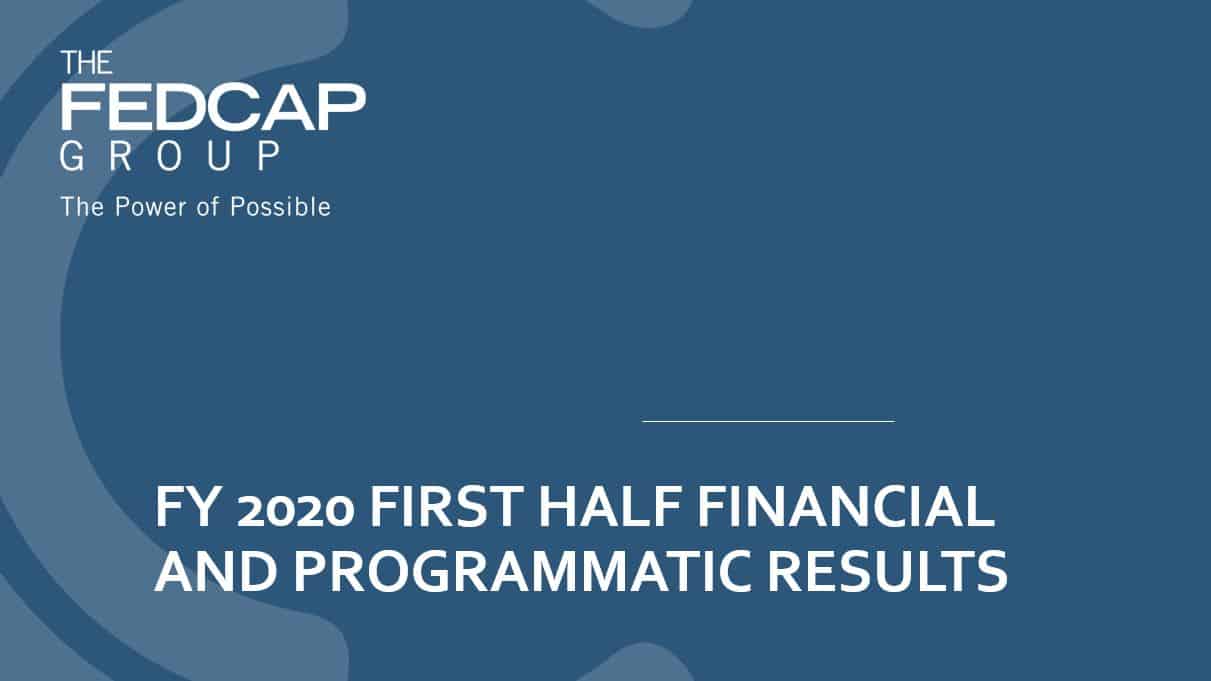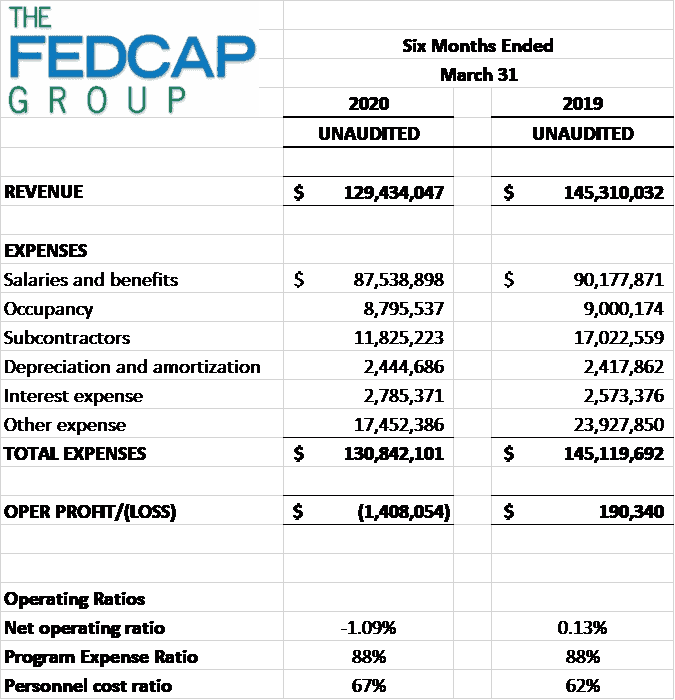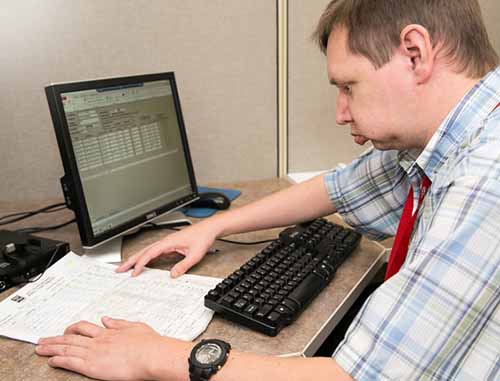The Balcony

This week I am going to veer from my usual blog topics, to talk about balconies … and how they have become a source of inspiration and hope for people around the world.
In Italy you can hear music coming from balconies from town to town—”a nationwide concert to lift our spirits” shared one Italian. People were invited to join in, playing musical instruments –or if that is all they had—using pots and pans to join in on the melody. This is also true in France, where a French opera singer sang the French National Anthem from his balcony amid cheers and tears. There was an amazing evening where applause and cheers were heard when the French organized a countrywide balcony tribute to their health care workers. In Spain you can hear the notes of “My Heart Will Go On” … played on a piano on his balcony by a gifted Spanish musician and the beauty of the huge crowd who joined in.
And in New York, if you listen closely, you can hear the cheers of New Yorkers, from balcony to stoop, honoring health care workers and first responders, and the music from our Broadway musicians who will not be silenced even by COVID-19. And there are photos all over social media showing New Yorkers having balcony picnics and making elegant champagne toasts with their neighbors.
The balcony is a phenomenon within a phenomenon.
I found myself thinking about the many ways balconies have been used over time to communicate messages of good like those of the Pope for individuals of the Catholic faith on Easter morning, or for those romantics who can recite verbatim the balcony scene in Romeo and Juliet. Balconies certainly have been used to spread messages of evil, divisiveness and genocide, such as in the era of Mussolini and Hitler.
What is striking about the balcony scenes of today is the sense of optimism that is generated from these simple moments of sharing. The message that we really are in this together—one global community. These moments remind us of the courage and resilience of the human spirit. They remind us that we always do seem to get back up—one way or another. They remind us how deeply we are connected and how important this connection is to our health and well-being.
There have been moments of extraordinary sorrow since the pandemic struck. And there have been moments of extraordinary kindness. Both will remain with us for a very long time. Both need to be acknowledged.
I have been deeply honored by the many people who read my blogs and who write to me sharing their perspectives on the current reality.
Tonight I may cheer about the importance of this connection from my window.












